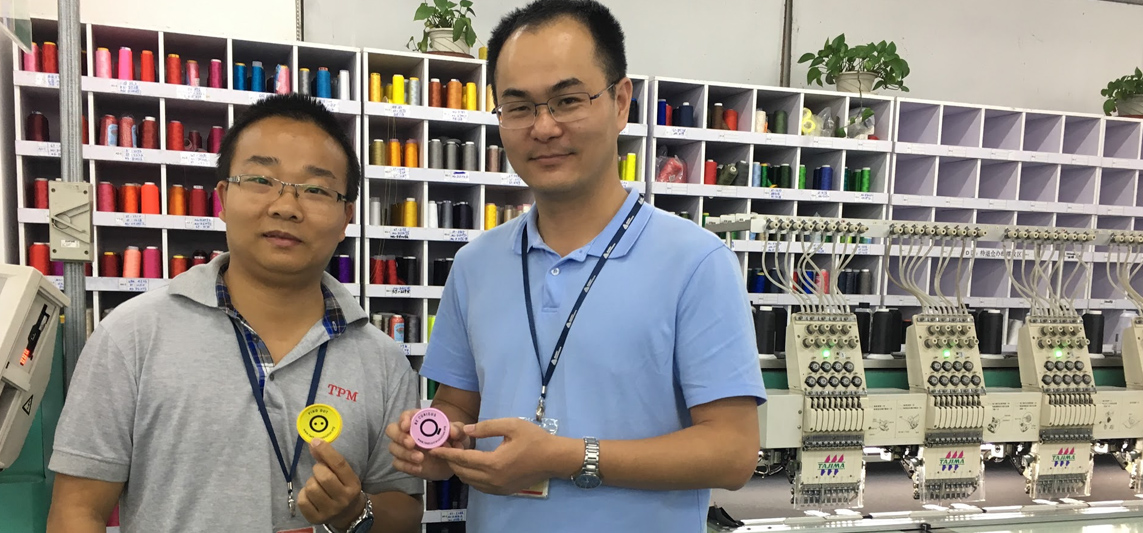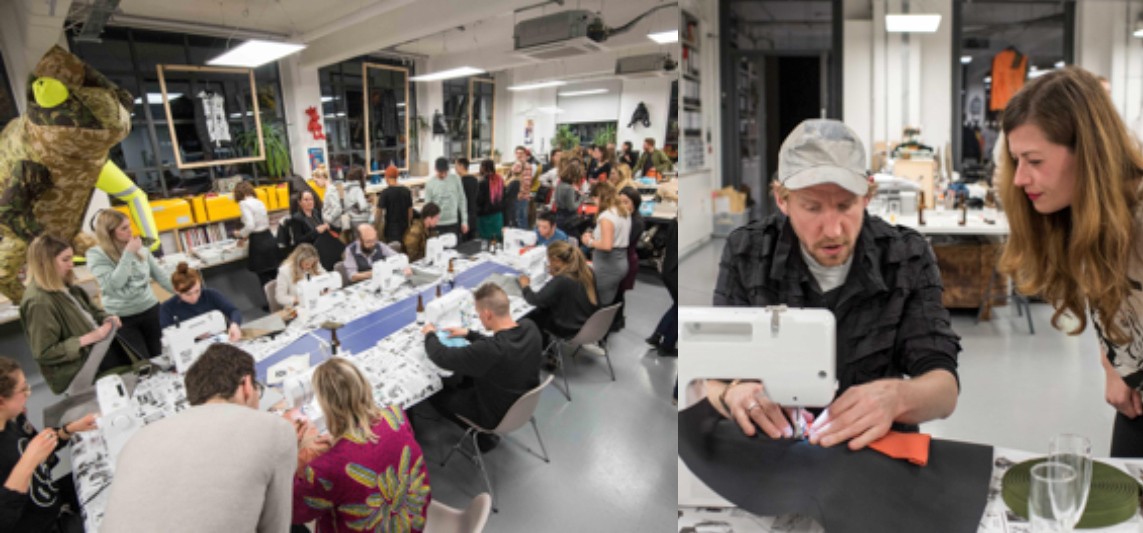Avery Dennison RBIS partnered with several sustainable brands to communicate the importance of transparency and minimal waste in a number of initiatives in London during Fashion Revolution Week, an initiative that encourages consumers to think about #whomademyclothes and brands to be more transparent in their supply chains.
Accordingly, RBIS focused on what this means for our own transparency, while delivering innovative products that reduce our environmental footprint.
From April 24-30, Fashion Revolution Week is observed to mark the anniversary of the Rana Plaza factory collapse on April 24, 2013, which killed 1,138 workers and injured many more
RBIS facilities, and people in specific, play a valuable role providing our customers with the latest in innovation and trends. Operating world-class manufacturing facilities, offering branding, retail and technical solutions, our global sites are designed to efficiently meet the needs of our customers, regardless of where they are.
Established in 2000, our Panyu facility in Guangzhou, China, provides global garment and textile brands with breakthrough apparel labeling and branding solutions, operating with excellent quality and service. With over 40,062 square meters operated by nearly 3,800 employees, Panyu leads world-class thermal printing, RFID applications, printed fabric labels, heat transfer labels and woven labels. Guided by our 2025 sustainability goals, we work hard to ensure our employees are treated fairly and with respect, while delivering innovative products that reduce our environmental footprint to the best of our abilities.
And this is where campaign patches were made.
“We loved working with Avery Dennison RBIS on our patch films! We feel that Fashion Revolution can be joyous and fun while still exploring difficult issues, and we know that this is our power and the reason we are successful and persuasive,” said Orsola De Castro, founder and creative director, Fashion Revolution. “RBIS has understood our ethos, and have been supporting us for over one year now, in creating little projects that make a lot of noise and get us a lot of visibility.”
RBIS X Fashion Revolution: A sustainable match made in fashion
RBIS has previously supplied materials and leftover sampling patches to the organization to help them educate consumers on the importance of transparency in the supply chain and their own footprint. The most recent effort was to create bespoke patches for an educational video, encouraging consumers to upcycle their clothes while reducing their impact on carbon, waste and water footprints.
The video, #Haulternative FASHION FIX: How to sew on a patch, educates viewers on how to extend the life of their clothes, featuring the Fashion Revolution patches, made by RBIS with up to 90% recycled yarns.


